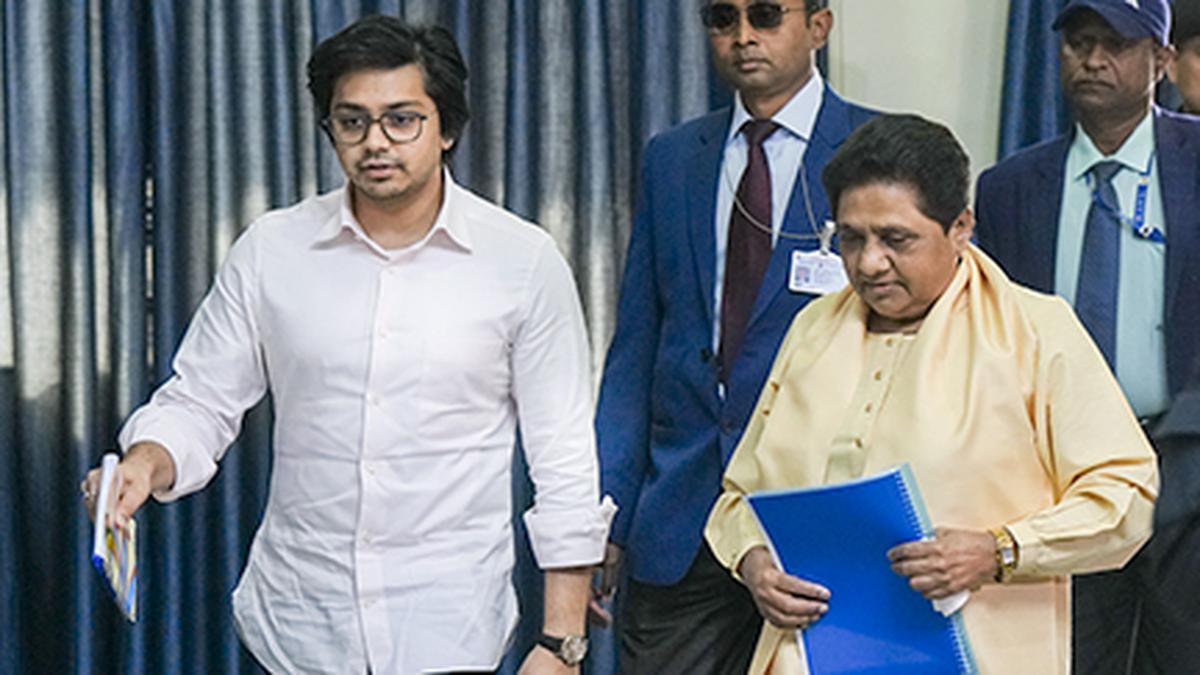ARTICLE AD BOX
Citing “the current volatility in the world economy”, Prime Minister Narendra Modi said it is “important for India and China, as two major economies, to work together to bring stability to the world economic order”.
He said “stable, predictable, and amicable” bilateral relations between India and China can have a “positive impact” on regional and global peace and prosperity.
His remarks, in a written interview to Japanese daily Yomiuri Shimbun, come ahead of his meeting with Chinese President Xi Jinping on the sidelines of the Shanghai Cooperation Organisation (SCO) summit, beginning Sunday in Tianjin near Beijing.
India and China are seeking to repair ties after a five-year military standoff along the Line of Actual Control in eastern Ladakh. The Modi-Xi meeting – the Prime Minister will also be meeting Russian President Vladimir Putin on the SCO sidelines – is taking place amid the strain in ties between New Delhi and Washington over the issue of tariffs, India’s purchase of Russian oil and a trade deal that has hit roadblocks.
Asked about the importance of improving relations with China at this time, Modi said, “India is ready to advance bilateral relations from a strategic and long-term perspective on the basis of mutual respect, mutual interest and mutual sensitivity, and to enhance strategic communication to address our developmental challenges.”
A stable relation between India and China, he said, “is also crucial for a multi-polar Asia and a multi-polar world”.
Modi and Xi last met in October 2024 on the sidelines of the BRICS summit in Kazan, Russia. Earlier this month, Chinese Foreign Minister Wang Yi met Modi in New Delhi and handed him an invitation from Xi. Modi last travelled to China for the SCO summit in Qingdao in June 2018.
Story continues below this ad
In fact, Modi’s visits to Japan and China are highly significant due to shifting geopolitical alignments and critical bilateral issues.
In the interview, published as he reached Tokyo, the Prime Minister also elaborated on the concept of a free and open Indo-Pacific, and how India and Japan will cooperate and enhance their relationship to realise it.
“India and Japan are committed to an Indo-Pacific that is peaceful, prosperous, stable and where the territorial integrity and sovereignty of nations are respected,” he said.
Driven by China’s assertive behaviour in the Indo-Pacific, India and Japan have enhanced their collaboration in the Indo-Pacific region, including the South China Sea, over the years.
Story continues below this ad
“There is a strong convergence between Japan’s vision of a Free and Open Indo-Pacific and India’s own approach encapsulated in our Indo-Pacific vision, in the Vision MAHASAGAR and the Indo-Pacific Oceans’ Initiative,” he said.
“Both our countries have strong and extensive linkages with countries in the Indo-Pacific region, and we both engage with some of them in plurilateral formats to give expression to our shared objectives,” he said.
The late Japanese Prime Minister Shinzo Abe had first framed the idea of a free and open Indo-Pacific in a speech to the Indian Parliament in 2007.
Modi also spoke on the importance of BRICS for India, which has also come under attack from US President Donald Trump.



.png)
.png)
.png)

























 English (US) ·
English (US) ·